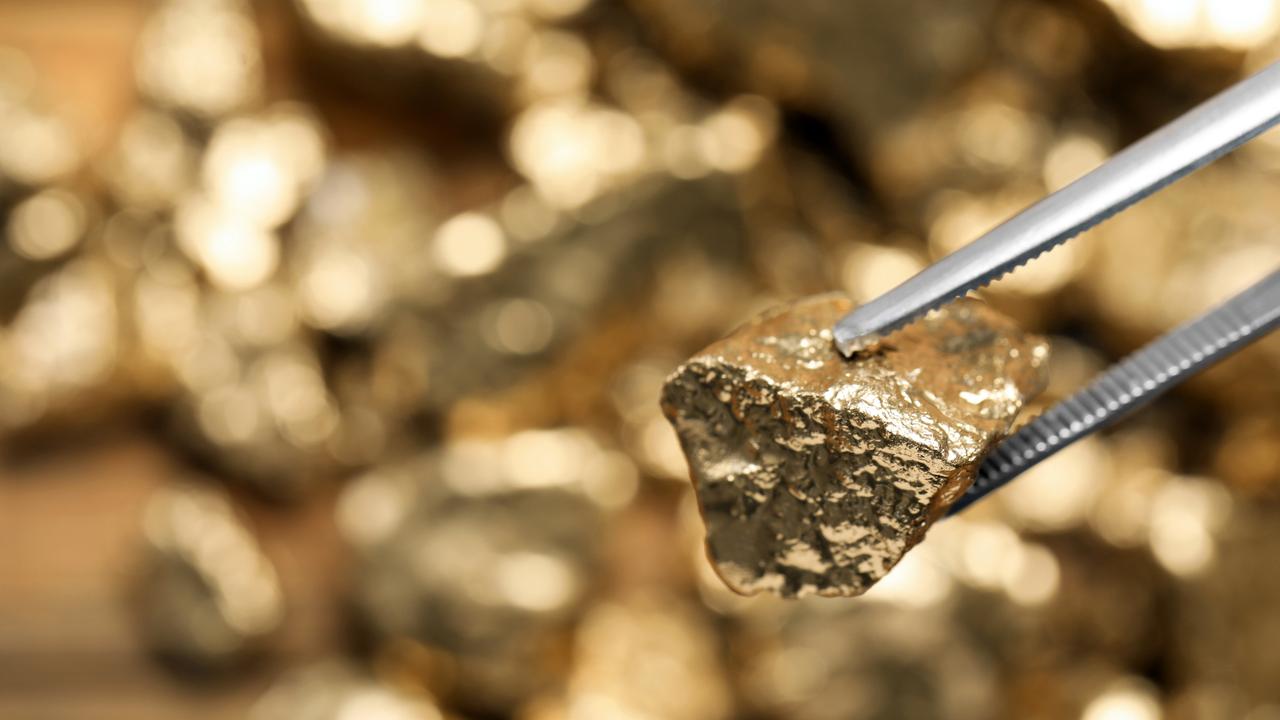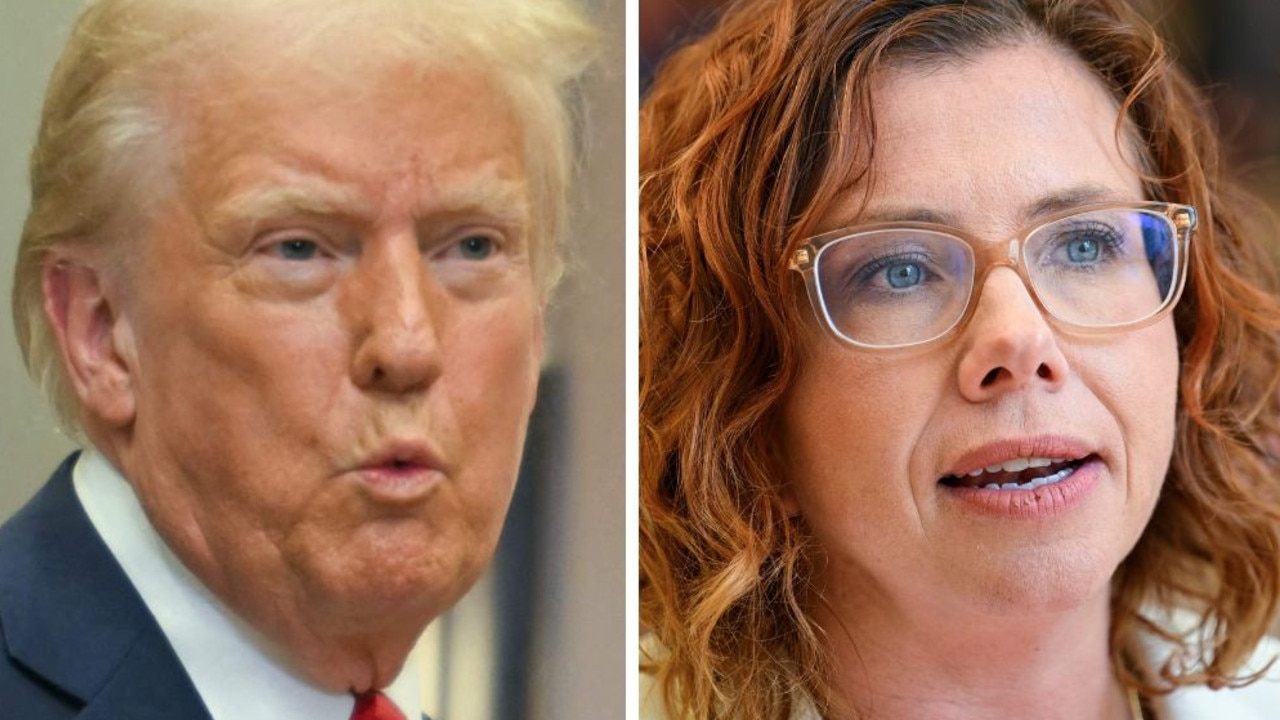Reason China may lift Australian coal ban
After a two-year ban, China may be ready to buy Aussie coal again — and there’s a brutal reason why it may be ready to back down.
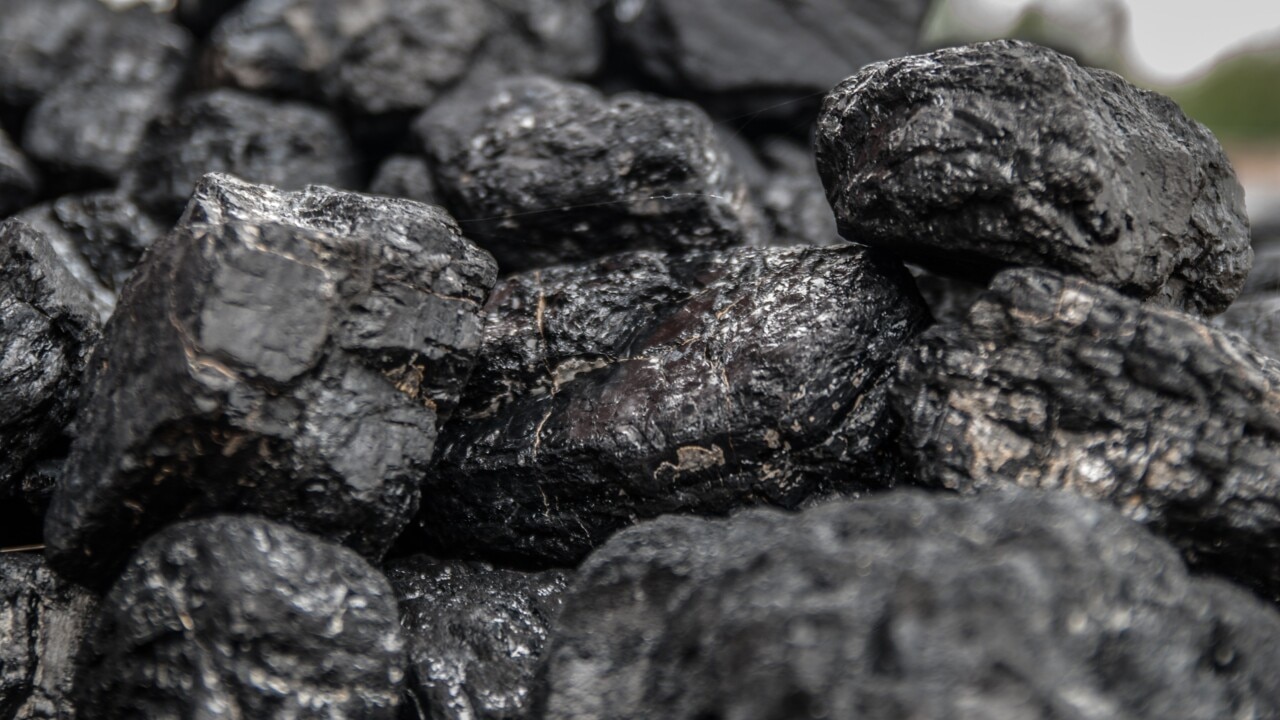
China is contemplating an end to its unofficial ban on Australia’s coal as it reportedly seeks to avoid the power shortages that saw factories shut down and caused sudden blackouts last year.
News that officials were considering an end to the ban has excited investors with share prices for coal mining companies jumping amid the rumours.
There had been hopes Australia’s change of government would spark a thaw in relations with China, but the change of heart may have more to do with fears of winter power shortages and rising coal prices due to the Ukraine war.
Roland Rajah, the lead economist at the Lowy Institute told news.com.au that Beijing’s ban has hurt China — which has been sourcing coal from Indonesia and Russia.
“China’s ban on Australian coal has always imposed costs not only for Australia but China itself,” he said. “Now with coal prices high, global energy markets greatly disrupted, and their own economy in the doldrums they are clearly reconsidering the utility of maintaining the ban.”
He said reversal would also be good for Australia, as exporters will likely be able to get higher prices. He added the change in Australia’s government may have impacted Beijing’s decision, it would not be the main reason for a change in heart.
“I suspect this is primarily about changes in China’s own perceived economic interests. But China’s sanctions on Australian coal and other exports were not achieving anything especially useful for them anyway,” he said. “So lifting the ban makes sense.”
Stream more business news live & on demand with Flash. 25+ news channels in 1 place. New to Flash? Try 1 month free. Offer ends 31 October, 2022 >
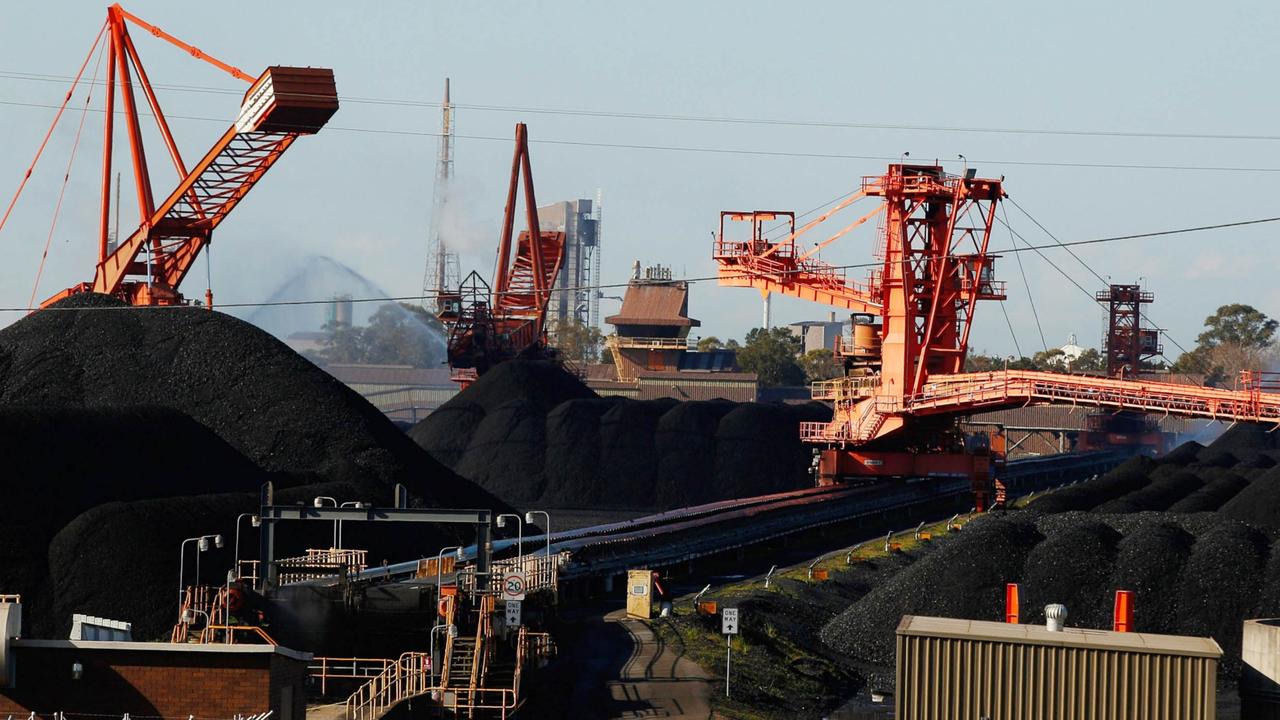
According to Bloomberg, Chinese bureaucrats are considering a recommendation to end the two-year ban on Aussie coal to avoid a repeat of last year’s power disruptions, which would also come ahead of a crucial meeting of the National People’s Congress later this year.
China introduced several tariffs and an unofficial ban on resources like coal in 2019 after then-prime minister Scott Morrison pushed for an investigation into the origins of Covid-19.
But its ban was not as financially damaging as feared, with Australian businesses able to find new buyers.
According to a report last year in the Lowy Institute’s The Interpreter, coal exports to China fell by $6 billion, but Australia’s exports to the rest of the world grew by $9.5 billion in annualised terms.
“Australian coal exporters seem to have been quite successful in diverting to other markets,” author Lowy Institute chief economist Roland Rajah wrote.
Russia’s war in Ukraine has also boosted Australia’s coffers, leading to “windfall gains” for Aussie mining companies, a report this year from Deloitte Access Economics found.
Deloitte looked at the war in Ukraine and its implications for Australia’s resources industry as part of its Investment Monitor, which analyses major engineering and commercial construction projects.
It noted that prices for coking coal, of which Russia is a key producer — typically supplying around one-third of European, Japanese and South Korean demand — soared to record highs in early 2022.
The report said Australian premium coking coal prices reached a high of almost $US700 ($A1000) a tonne in March.
Meanwhile, the price of thermal coal – which is burnt in power stations to generate electricity – had seen similar price rises in 2022.
Even prior to the Ukraine war, coal prices were expected to hit all-time highs as the world ramped up activity after two years of lockdowns due to Covid.
China’s latest deliberations come as it reopens diplomatic channels with Australian officials, following the election of the Albanese Government.
But Prime Minister Anthony Albanese has said Australia would continue to stand up for itself in dealing with China.
“We should co-operate where we can. But we will stand up for Australian values where we must,” Mr Albanese said at a news conference earlier this month.
China — Australia’s biggest trading partner — imposed tariffs and disrupted more than a dozen key industries, including wine, barley and coal, as relations deteriorated over the past two years.
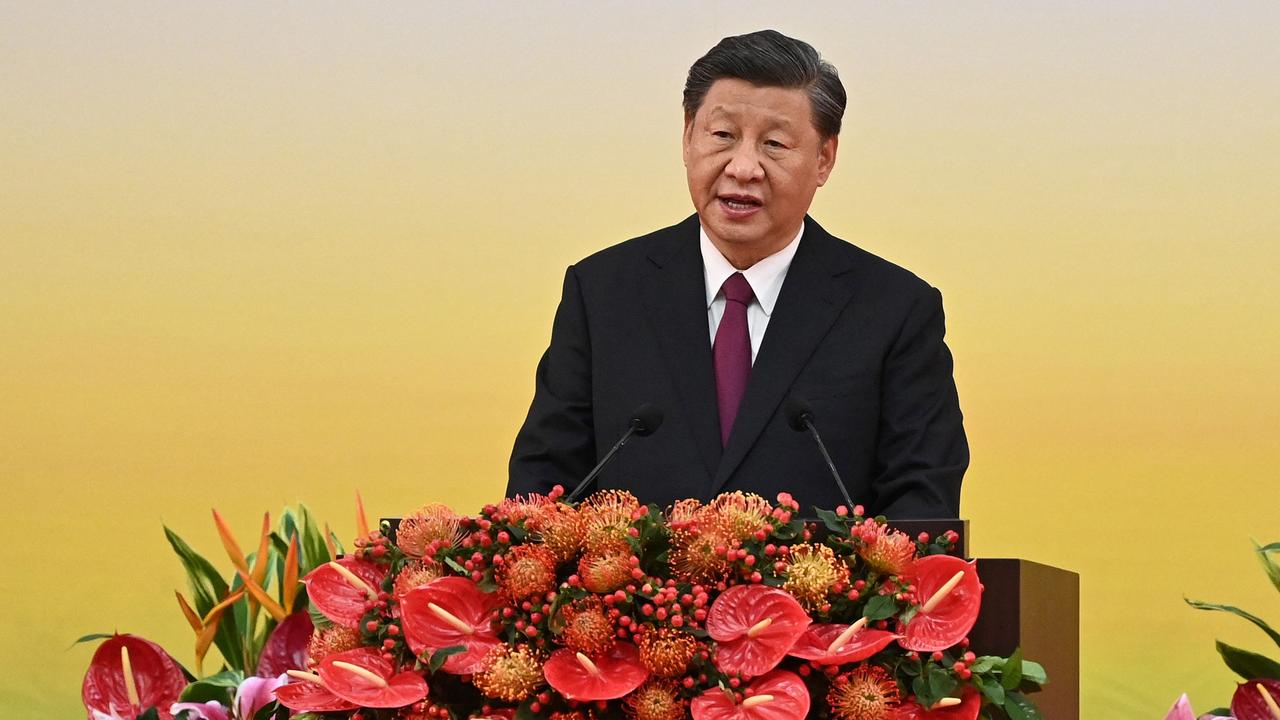
Canberra had upset Beijing by calling for an independent probe into the origins of the coronavirus pandemic and by banning telecom giant Huawei from taking part in the construction of Australia’s 5G network.
Australia’s Foreign Minister Penny Wong said she raised the trade spat when she met with Chinese Foreign Minister Wang Yi on the sidelines of a Group of 20 meeting in Bali, Indonesia.
It “remains the government’s position those trade blockages should be removed,” the minister said in Bali.
Ms Wong said she had also raised the cases of journalist Cheng Lei and democracy activist Yang Hengjun, Australian citizens detained in China.
“I think all of these issues will take some time,” she said. “There is a path we are walking. And we will take one step at a time in the interest of the country.”
Ms Wong said Australia and China had gained much through their economic and people-to-people ties.
“We do have our differences,” she said, adding, however: “We believe it is in the interest of both countries for the relationship to be stabilised.”
China’s Foreign Minister Wang Yi later issued Ms Wong with a four-point list of things that need to be done to repair the relationship between the two countries.
The demands were as follows:
1. Australia must treat China as a “partner rather than a rival”.
2. The two countries must seek “common ground while shelving difference.
3. Australia must reject “manipulation by a third party” – which was a clear reference to the US.
4. Both countries must build “public support featuring positiveness and pragmatism”.
Mr Albanese offered a cold response to the list, telling China that Australia doesn’t respond to demands.
“Look, Australia doesn’t respond to demands. We respond to our own national interest,’’ he said.



